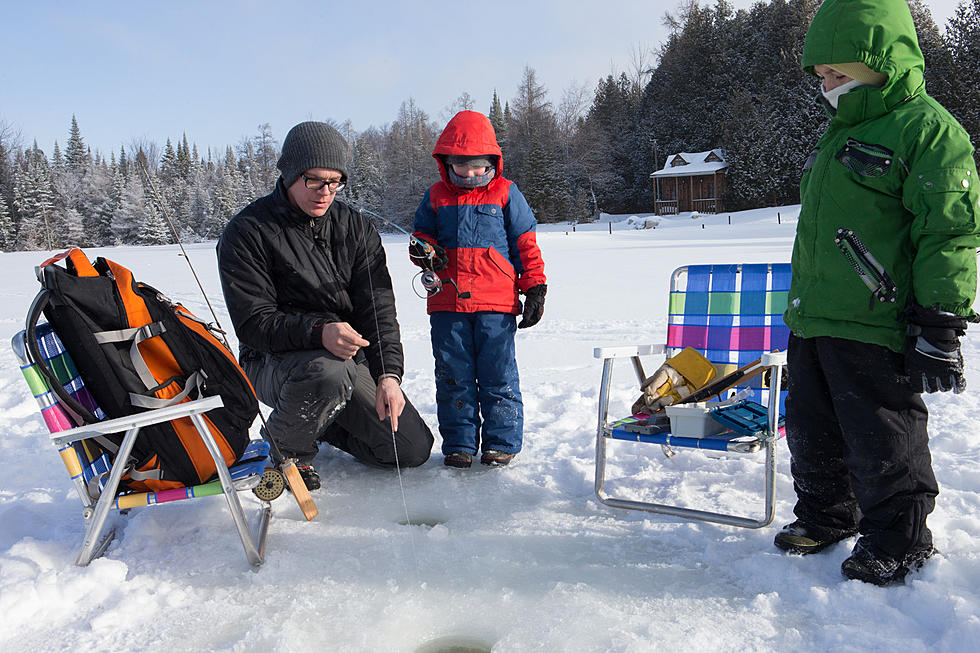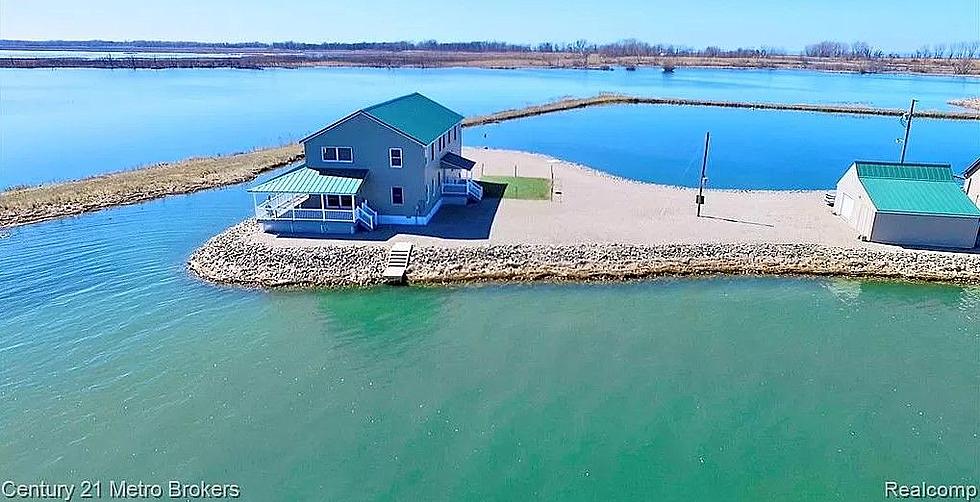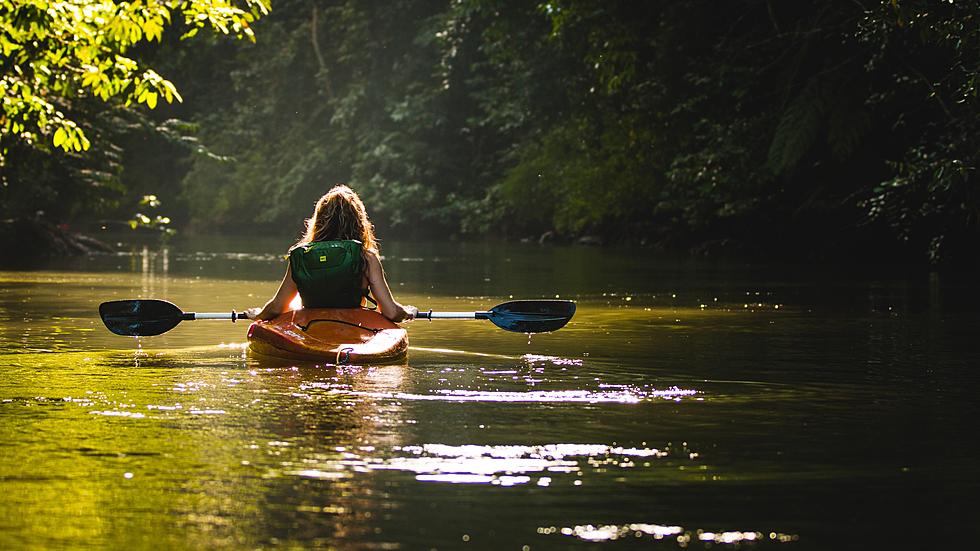
You Can Score $100 By Turning In Tagged Fish In Michigan
In Michigan, you can get a cash reward for turning in tagged fish.
The Michigan Department of Natural Resources (DNR) is reminding anglers that turning in tagged fish in the Great Lakes region, could be worth up to $100.
Through assistance from the U.S. Fish and Wildlife Service, the Great Lakes states, including Michigan, are mass marking popular gamefish (like steelhead, Chinook salmon, Atlantic salmon, brown trout, and lake trout) before those fish are stocked.
As more anglers get out on the water this summer, the DNR reminds them that catching a trout or salmon with an adipose fin clip could be worth a $100 reward. The adipose fin is the small, fleshy lobe on the fish's back, just forward of the tail fin.
Most trout and salmon with an adipose fin clip also have a coded-wire tag in the snout. Because the tags are small, like the tip of a lead pencil, they must be removed by lab technicians. If anglers catch and want to keep an adipose fin-clipped fish, they are asked to turn the head in at one of the local drop-off stations.
Randy Claramunt, the DNR’s Lake Huron Basin coordinator, said the department relies on the help of anglers to supplement the marked and tagged fish program.
We have limited capacity to take that important data from sport-caught trout and salmon,” he said. “We have creel clerks at some ports, but there are several areas – including some river systems with unique fisheries, like Atlantic salmon or steelhead – where we don’t have staff. To get enough tag returns to learn about these species, we’re asking people to take a little extra time to turn in those heads.
Fish with tags submitted before Nov. 1, 2020, will be eligible for the rewards, which will be randomly selected.
Additional details about the reward program:
- Each head with a tag that is turned in equals one drawing entry.
- Eligible tagged fish include steelhead, brown trout, and Chinook or Atlantic salmon.
- The drawing will occur around January 2021.
- Contact information (name, address, phone number) must be provided with each head.
- Catch data (date, location, and body of water) must be included with each head.
- The head must be left at a Michigan drop-off location.
According to Jay Wesley, Lake Michigan Basin coordinator, fish tag returns help biologists understand survival, age, and movement of important sportfish.
We are particularly interested in confirming how naturally reproducing Chinook salmon contribute to the fishery; the movement and wild contribution of steelhead in lakes and rivers; and survival and movement of Atlantic salmon,” Wesley said. “This reward program sponsored by Captain Chucks II, Moonshine Lures and the Great Lakes Salmon Initiative will help incentivize anglers to become citizen scientists, and that ultimately helps us collect valuable data.

MORE: Inspiring Quotes From Michigan Sports Figures
More From The Game 730 WVFN-AM









